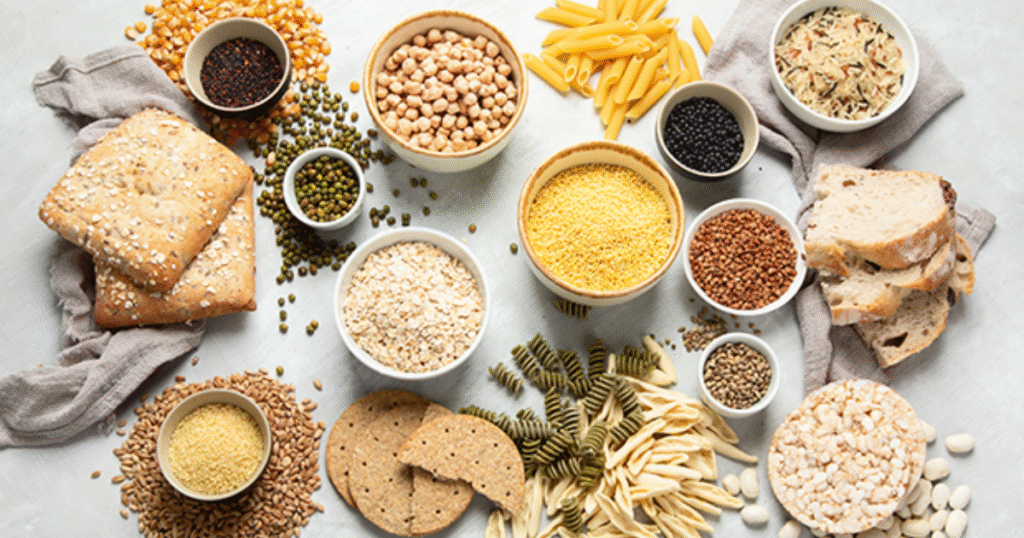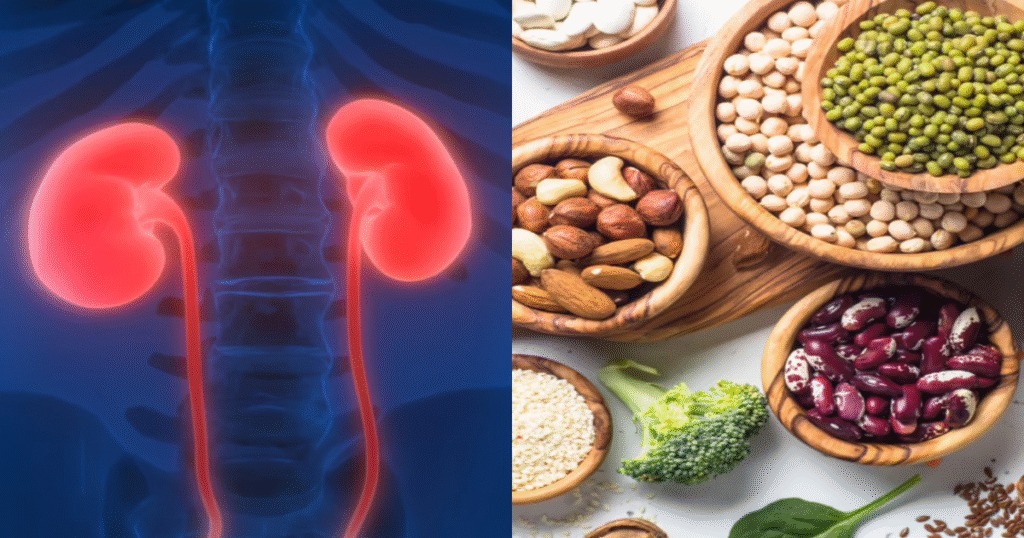Introduction
Dietitians When it comes to nutrition, the internet is filled with information — some helpful, much misleading. Dietitians are constantly working to debunk widespread myths that can lead to unhealthy choices, unnecessary restrictions, or even long-term health issues. This article dives into the top 10 nutrition myths — debunked by professionals — and gives you the truth backed by science.
1. Carbs Make You Gain Weight Dietitians

The Myth:
“Eating carbs leads to instant weight gain.”
The Truth:
Not all carbs are equal. Whole grains, fruits, and vegetables provide fiber and essential nutrients. It’s refined carbs and excessive calorie intake that contribute to weight gain, not carbs alone. Balanced portions are key.
2. Fat-Free Means Healthy
The Myth:
“Fat-free foods are always the healthier choice.”
The Truth:
Fat-free products often have added sugar and chemicals to enhance flavor. Healthy fats, such as those from avocados, nuts, and olive oil, support heart and brain health. The quality of fats matters more than avoiding them altogether.
3. Eating After 8 PM Causes Weight Gain
The Myth:
“Late-night eating automatically leads to fat storage.”
The Truth:
Weight gain results from total calorie intake vs. expenditure over time. While mindless late-night snacking can contribute to overeating, eating a healthy, planned meal at night doesn’t inherently cause weight gain.
4. Detox Diets Cleanse Your Body
The Myth:
“Juice cleanses and detox teas flush out toxins.”
The Truth:
Your liver, kidneys, and digestive system naturally detoxify your body. Most commercial detox diets are marketing ploys with no scientific backing and may even be harmful when done repeatedly or for extended periods.
5. High-Protein Diets Damage Kidneys

The Myth:
“Eating too much protein will damage your kidneys.”
The Truth:
Unless you have a pre-existing kidney condition, a high-protein diet doesn’t harm healthy kidneys. In fact, protein is essential for muscle repair, immune health, and metabolism.
6. Natural Sugar Is Better Than Refined Sugar
The Myth:
“Honey, maple syrup, and coconut sugar are healthier than white sugar.”
The Truth:
Though they may have trace minerals, natural sugars are still sugars and affect your blood glucose similarly. Moderation is crucial, regardless of the sugar source.
7. You Must Drink 8 Glasses of Water a Day
The Myth:
“You need exactly 8 glasses of water every day to stay hydrated.”
The Truth:
Hydration needs vary by activity level, climate, and diet. Some people require more or less than eight glasses. Foods like fruits and vegetables also contribute to fluid intake.
8. Gluten-Free Is Healthier for Everyone
The Myth:
“Everyone should avoid gluten for better health.”
The Truth:
Unless you have celiac disease or gluten sensitivity, there’s no health benefit to going gluten-free. In fact, gluten-free products can be lower in fiber and nutrients and higher in sugar or fat.
9. Supplements Can Replace Food
The Myth:
“Taking supplements is just as good as eating whole foods.”
The Truth:
Whole foods contain fiber, antioxidants, and phytochemicals that supplements can’t replicate. Supplements should complement the diet, not replace it.
10. Skipping Meals Helps You Lose Weight

The Myth:
“Skipping meals, especially breakfast, helps burn fat.”
The Truth:
Skipping meals often leads to overeating later, slows metabolism, and causes energy crashes. A balanced, consistent eating pattern supports sustainable weight management.
Also Read :Achieve Your Health Goals with The Control Portion Sizes Diet
Conclusion
Nutrition is complex, and it’s easy to fall for myths that promise fast results or sound logical on the surface. However, dietitians emphasize that there is no one-size-fits-all approach to healthy eating. Understanding the truth behind common nutrition myths can help you make informed food choices, feel better, and achieve long-term wellness. When in doubt, consult a registered dietitian to guide your journey with facts—not fads.
FAQs
Q1. Are carbs bad for you?
No. Carbohydrates are a vital energy source. Choose whole grains and fiber-rich options for better health.
Q2. Can I rely solely on supplements for nutrition?
No. Whole foods offer unique benefits supplements can’t replace.
Q3. Is eating at night always unhealthy?
No. It depends on what and how much you eat, not the time.
Q4. Do I need to detox with special diets?
No. Your liver and kidneys already detox your body naturally.
Q5. Will eating fat make me fat?
No. Healthy fats are essential. Excess calories—regardless of source—lead to weight gain.
Q6. How much water should I really drink per day?
Hydration needs vary. Listen to your body and aim for light-colored urine.
Q7. Is gluten harmful to everyone?
No. Only those with gluten-related disorders need to avoid it.
Q8. Should I skip breakfast to lose weight?
No. Skipping meals can backfire by slowing metabolism and increasing cravings.
